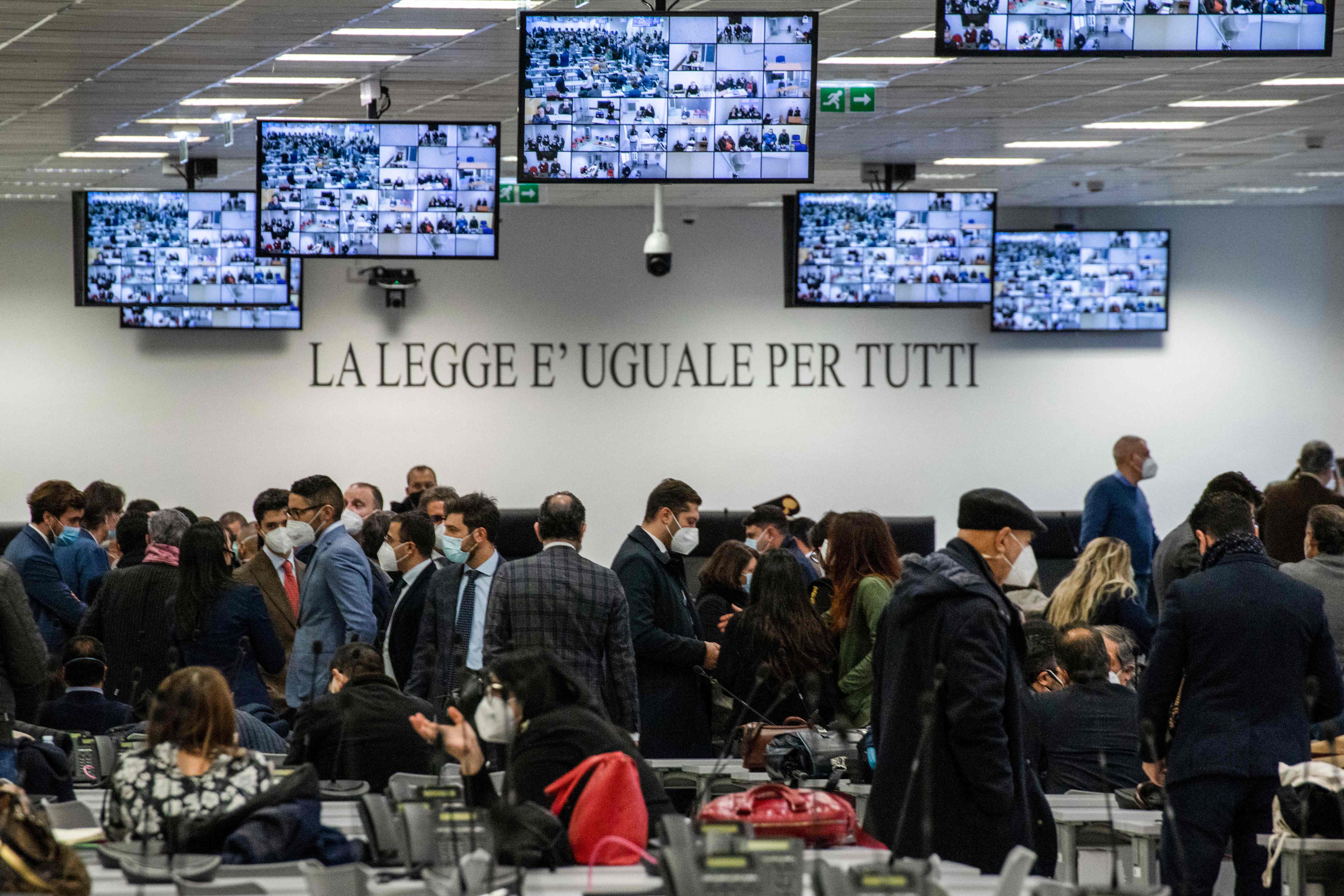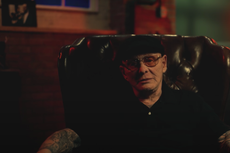Italy’s latest tactic to beat the mafia: take away mobsters’ children
In the cities where the mafia is strongest, some argue that to prevent the next generation turning to crime, children should be taken away from their mobster families, reports Sofia Barbarani in Spoleto

Born of necessity in the late 19th century to fill a gap in Sicily’s weak law enforcement, the Italian mafia quickly evolved and boomed after the Second World War ended. In time, groups like Cosa Nostra, the ‘Ndrangheta and the Camorra took their places among the world’s top criminal organisations, dealing in drugs, extortion, and money laundering.
High-level arrests, sting operations and government institutions purposefully created to stop the clans have achieved limited results, as they continue to leave victims in their wake and cost the state a hefty sum of money.
But while both state and citizens struggle to defeat them, some anti-mafia activists have been calling for a different and controversial battle plan: removing newborns from clan parents.
“More often than not, the mafia makes children for labour, not out of love,” Campania’s regional councillor Francesco Emilio Borrelli told The Independent. “You can’t save a kid if he’s already become a delinquent – the child needs to be removed soon after birth, once it has been weaned.”
Mr Borrelli and others believe that the state should consider stripping mafia parents of their parental authority and giving up the children for adoption.
Patriarchal and family-oriented mafia groups like Cosa Nostra and the Camorra often rely on their children to help with and ultimately inherit the family business. These blood ties have made it virtually impossible for the Italian government to stamp them out.
The controversial project has been in the works for years. In 2017 local media reported that the Italian High Council of the Judiciary responded positively to the proposal, urging parliament to consider it, but no tangible results have been obtained since.
“We’ve encountered plenty of obstacles,” said Mr Borrelli. “Some argue that parental rights come before all else and that’s incorrect – it’s the child’s interests that come first.”
Other attempts have been made to weaken the criminal organisations by relocating vulnerable family members to other parts of Italy and reintegrating them into society.
In 2012, the government-backed Free to Choose project was established by a judge in a bid to give the children of mafia bosses a fresh start. Since then, around 80 children and 30 families have escaped criminality.
In Borrelli’s hometown of Naples, where the Camorra reigns undisturbed, there are around 1,000 families that, for the past five decades, have been raising their children within the criminal system.
More often than not, the mafia makes children for labour, not out of love
Today, armed teenagers roam the picturesque alleyways while girls as young as six package and distribute cocaine off the back of mopeds. Some minors have stopped going to school and struggle to read and write.
While many of the children of the top mafia bosses are often removed from the criminal world and raised in privilege and anonymity, the sons and daughters of the gangs’ middle class are quickly introduced to the family business, making them unemployable and susceptible to prison.
“If they come out of prison, their reinsertion into society is extremely complicated because they are largely illiterate and have no professional training,” said Mr Borrelli. “In most cases when these kids turn 11 or 12, there is little to no chance of recovery, and they become criminals.”
But not everyone takes the same fatalistic view.
“There’s no magic recipe – but even those who grew up in an environment polluted by crime can be saved,” said Dario Cirrincione, a journalist and author who has done a rare deep-dive into the lives of the children of mafia members who left criminality behind.
According to Mr Cirrincione, criminal activities can be abated by momentarily removing children and teenagers from their homes and giving them the chance to live a new life, while also providing them with psychological support. A number of these projects have been up and running for years in Italy and in some cases have proven successful.
“Is it appropriate to remove these kids [from their homes] to show them that another universe is out there? Yes. Is it appropriate to remove them and make them deny their father and mother? Not always,” he said.
“Taking a child away doesn’t resolve the matter – if anything, you risk raising an angry generation,” explained Mr Cirrincione. “The only way to counter the mafia is through education and culture and dispelling myths – we’ve a difficult task.”
Join our commenting forum
Join thought-provoking conversations, follow other Independent readers and see their replies
Comments


Bookmark popover
Removed from bookmarks